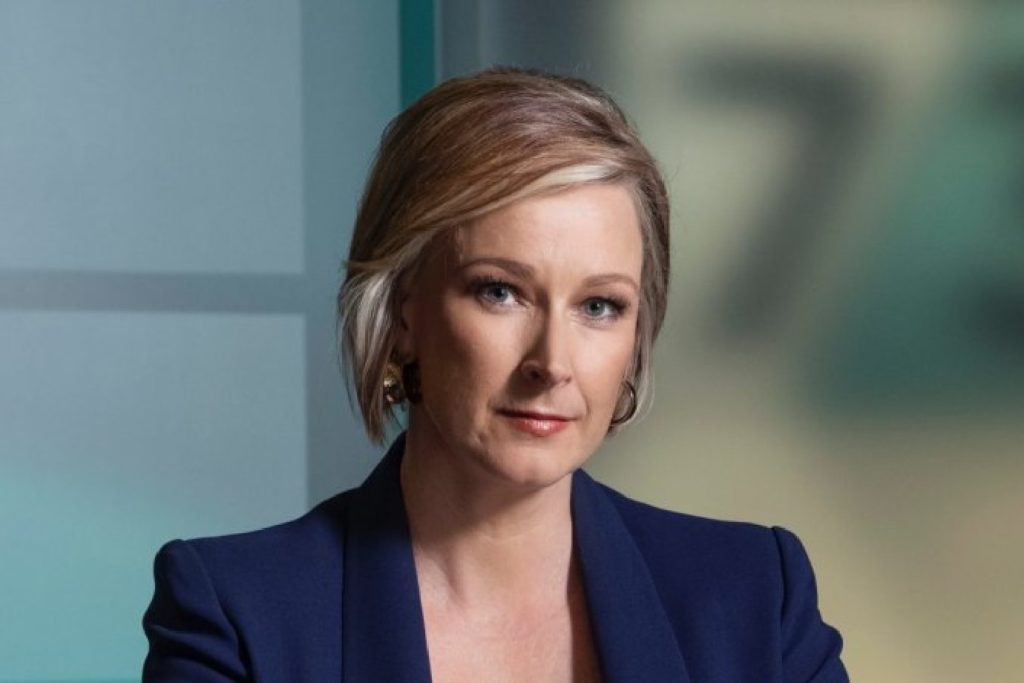Television journalist Leigh Sales took to Twitter on Wednesday to highlight the ‘sexualised social media abuse’ women in the public eye constantly face. To make the point she shared a screenshot capturing just a handful of recent repugnant messages, all of which contain criticisms or slurs of a sexual nature.
Sales pointed out that whether the woman is Julia Gillard or Peta Credlin, the reality women with any profile face is a constant stream of sexual abuse online. She’s been documenting examples to make the point.
Her message has been shared widely and been met with widespread agreement from many women, and a stream of sincere offers of solidarity from men and women who agree the abuse is unacceptable.
I was just talking to Professor Kim Rubenstein from @BroadAgenda5050 today about how this abuse of women in the public eye is a democratic threat. I also said this @cwpaus national conference last year. I’m incredibly concerned about it.
— Ginger Gorman 🌈 (@GingerGorman) April 22, 2020
I watched the interview again on ABCIview again last night. A fair interview by any standards in my view and certainly doesn’t deserve this type of disgraceful personalised attack. Thanks for publishing. #gutless #keyboardwarriors
— Craig Hamilton (@Hammo46) April 22, 2020
Neanderthals. Goes to show that our strong female role models are having to be even stronger than people might think or should expect. Keep up the good work Leigh, all power to you and anyone in a similar position. The trolls will rub themselves out.
— Sean Parnell (@seanparnell) April 22, 2020
Despite the compassion displayed, don’t be fooled. Reading many of the comments beneath the original post is a telling and uncomfortable exercise. There are wars of words raging about whether this can accurately be labelled as misogyny, as well as commentary about whether Sales’ interview with Malcolm Turnbull, broadcast on Monday night, was ‘fair’.
It’s so far from the point it’s hard not to despair. Whether this form of online abuse is misogynistic isn’t relevant. I struggle to understand how it’s not, but even if that’s not the view a person holds, creating a niche discussion point merely serves as a distraction from the problem. Which, I suspect, is exactly why such arguments are raised.
Even if Leigh Sales conducted an entirely irredeemable interview, a total train-wreck beyond salvage, it still would not warrant commentary about her sex life. Short of her making the highly improbable choice to embark on a professional endeavour in which her sex life was central, her sex life will remain forever irrelevant to a public audience.
When 60 Minutes journalist Charles Wooley conducted that interview with New Zealand’s PM Jacinda Ardern and gushed about how attractive she is and boldly enquired about the date she conceived her then-unborn daughter, he was slammed on social media. He was called a dinosaur, tone-deaf and sexist. But, he was not subject to a barrage of sexually-explicit, crude slurs.
The issue of women facing harassment of a sexual nature online is not new. But it exists and it takes a toll. How can it not? Certainly too many high profile women, by sheer necessity, have developed tools to cope with it: to block, to mute, to retreat, to ridicule, to rise above.
But every bit of energy exerted to that end is energy that could be better used. It’s energy they shouldn’t need to expend.
How many high profile men have to expend energy to protect themselves from sexually-based hatred online? Even if it’s just saving screenshots and sharing them as Leigh Sales as, it shouldn’t be necessary.


